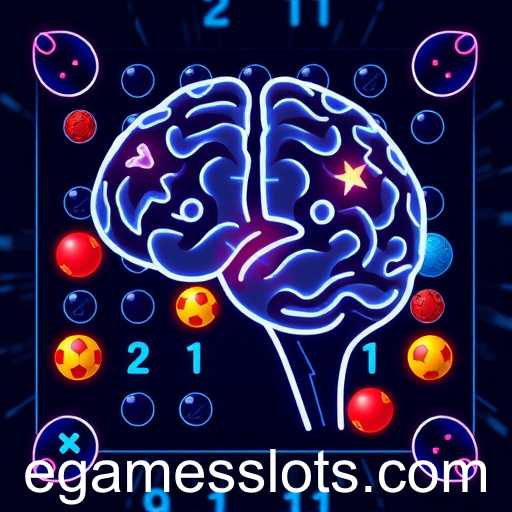In the digital age, where gaming is not just a pastime but a robust platform for learning, 'Memory Tests' have emerged as a fascinating category within the EGames domain. These games are designed not just to entertain but also to enhance cognitive skills by focusing on the mental process of retaining and recalling information. The incorporation of these memory-enhancing games into everyday routines is seen as a way to keep the brain active and engaged, offering numerous benefits beyond just passing the time.
Memory games in the EGames category challenge players with tasks that require concentration, problem-solving, and quick-thinking. The diverse range of games available caters to various age groups and skill levels, making them accessible for everyone, from young children developing foundational memory skills to older adults seeking to maintain sharp cognitive function.
These games typically involve various puzzles and challenges that require players to memorize sequences, identify patterns, or recall object placements. By regularly engaging in such activities, players can improve their short-term memory, enhance pattern recognition, and even boost their ability to perform tasks that require rapid information processing.
Moreover, the competitive element of these games often incorporates leaderboards and timed challenges, adding a layer of motivation for users to keep improving their skills. This aspect of challenge and reward is crucial in keeping players engaged, turning what could be mundane exercises into exciting and stimulating gameplay.
Recently, the rise of mobile gaming has further propelled the popularity of memory test games. With smartphones and tablets becoming ubiquitous, players have the opportunity to engage with these cognitive challenges on the go, ensuring that mental stimulation is never more than a swipe away.
In addition to the cognitive benefits, memory test games serve as a bridge between entertainment and education. Educators and psychologists advocate for the inclusion of such games in academic and therapeutic settings, citing their potential to enhance memory retention and support cognitive rehabilitation therapies.
In conclusion, the 'Memory Tests' within EGames provide a dynamic and beneficial intersection between gaming and cognitive development. As technology continues to advance, and more innovative games are introduced, there is little doubt that this category will keep evolving, offering new ways to stimulate the brain and foster lifelong mental agility. Whether for fun or education, these games are making a considerable impact, transforming the way we look at both games and learning.








